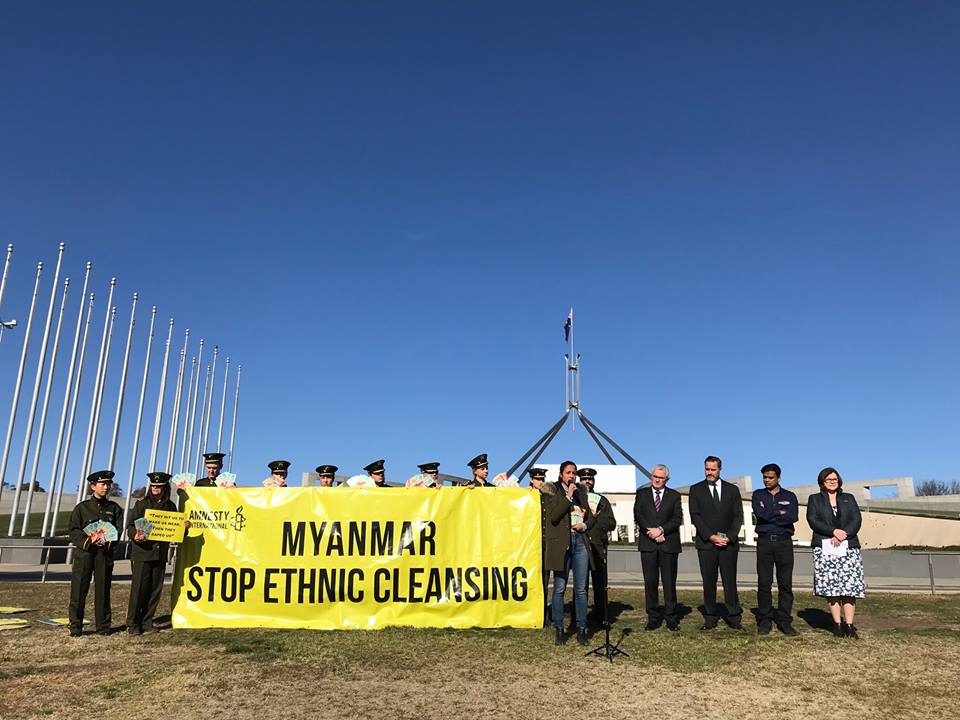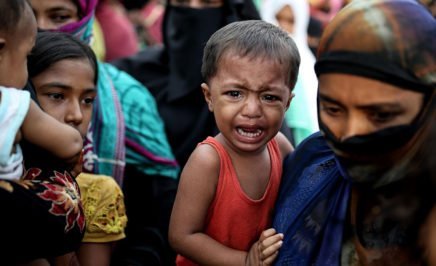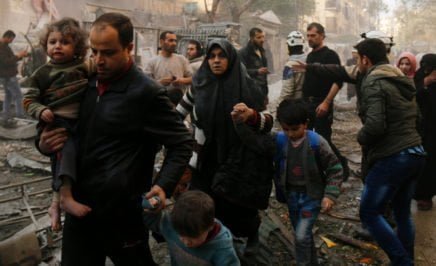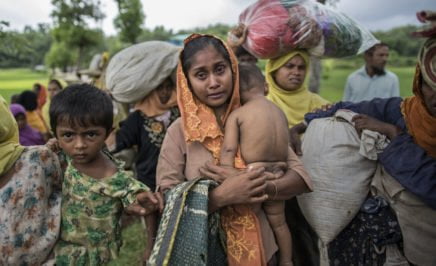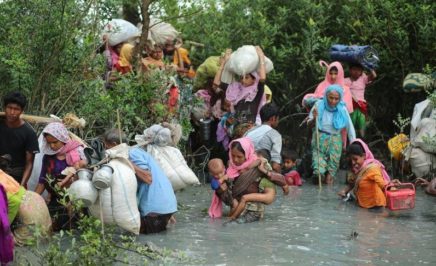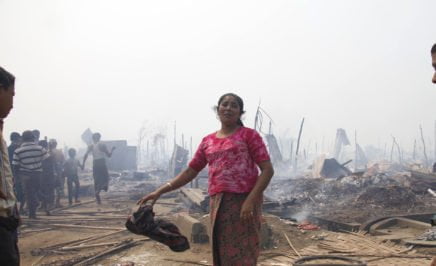Responding to Foreign Affairs Minister Marise Payne’s announcement today imposing targeted sanctions against five Myanmar military officers over their role in the ongoing ethnic cleansing campaign against the Rohingya people in northern Rakhine State, Amnesty International Australia’s Rohingya Rights Campaign Coordinator Diana Sayed said,
“The Australian Government has today responded to Amnesty International’s research and campaign calling for the imposition of sanctions on the key perpetrators of violence against the Rohingya people.
“The explosion of violence – including murder, rape, torture, burning and forced starvation – perpetrated by Myanmar’s security forces in villages across northern Rakhine State was not the action of rogue soldiers or units. There is a mountain of evidence that this was part of a highly orchestrated, systematic attack on the Rohingya population.
“The five men today sanctioned by Australia are among the 13 implicated in committing crimes against humanity and named in Amnesty International’s 27 June report ’We Will Destroy Everything’: Military Responsibility for Crimes against Humanity in Rakhine State, Myanmar.
“The Government must now expand its sanctions net to include all 13 named in that report, and push for comprehensive, multilateral sanctions in forums such as the United Nations Security Council and at the upcoming November ASEAN Summit.
“Only with a concerted international effort to impose a comprehensive arms embargo, and targeted financial sanctions against those individuals responsible for crimes against humanity, will justice be delivered for the Rohingya people.
“The Australian Government must also cut Australia’s training support to the Myanmar military. That Australian taxpayers’ money is going to support such human rights violators is unthinkable.”
Background
Details of Amnesty International’s evidence against the military commanders responsible for crimes against humanity in Rakhine State, Myanmar, can be found here (summarised on page 155).
For example, one of the five sanctioned by the Australian Government, Lieutenant General Aung Kyaw Zaw, controlled all military operations in Western Command, which includes Rakhine State, and was charged with coordinating and controlling the use of air assets, including helicopters. During the post-25 August 2017 operations, logistical support via helicopter appears linked to the commission or cover-up of the 30 August massacre of Rohingya men, women and children in Min Gyi village, Maungdaw Township.
Lt. Gen. Aung Kyaw Zaw was physically present in northern Rakhine State during, at minimum, key periods before and during the 2017 operations marked by crimes against humanity against the Rohingya people. All of the elements of command or other superior responsibility appear to have been met.
